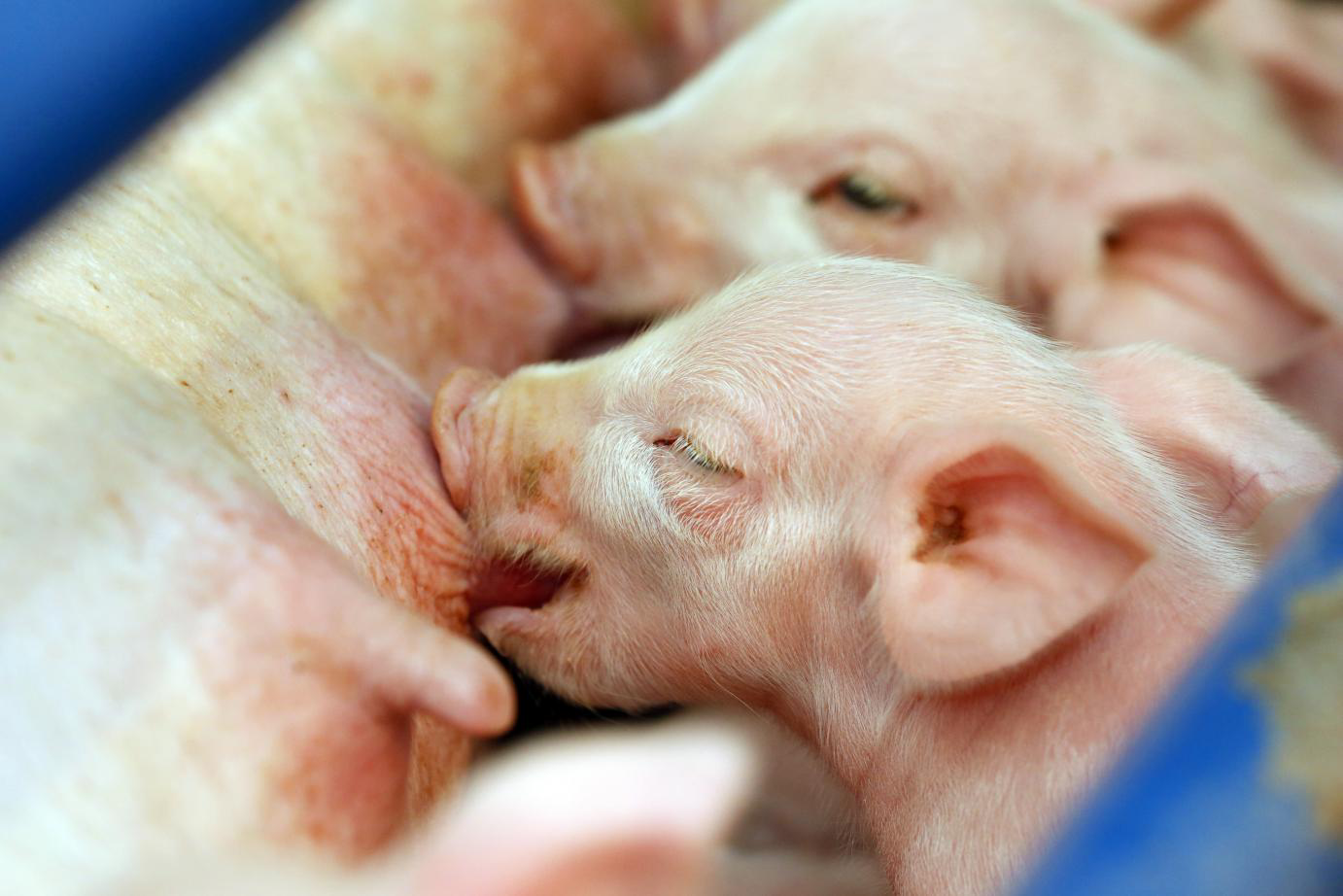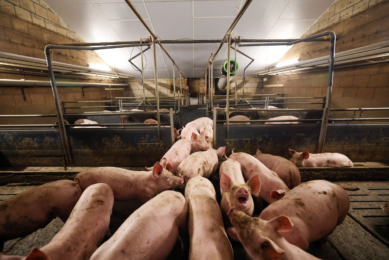Piglets benefit from oregano in sow’s diet

Piglet performance can be improved when the lactation sows are fed with oregano essential oil in the diet. This was shown by a group of Chinese researchers.
Oregano essential oil (OEO) is isolated from plants (Origanum vulgare L.) by steam distillation. Chemical analyses of these oils have shown the principal nutraceutical constituents to be carvacrol and thymol. In vitro, OEO has been reported to possess antimicrobial and antioxidant activities.
In the study, 54 multiparous large white sows were used to determine the effects of supplementing oregano essential oil (OEO) to the gestation and lactation diets on oxidative stress status, lactation feed intake, and their piglet performance. Two groups were fed diets with (OEO; n = 28) or without (Control; n = 26) supplemental 15 mg/kg OEO during gestation and lactation.
It was shown that the serum levels of reactive oxygen species (ROS) (P < 0.05), 8-hydroxy-deoxyguanosine (8-OHdG) (P < 0.05), and thiobarbituric acid reactive substances (TBARS) (P < 0.05) were higher during gestation (days 90 and 109) and lactation (days 1 and 3) than in early gestation (day 10). Compared with the control group, the OEO diet significantly reduced sows' serum concentrations of 8-OHdG (P < 0.05) and TBARS (P < 0.01) on day 1 of lactation. The OEO diet increased the sows' counts of faecal lactobacillus (P < 0.001) while reducing Escherichia coli (P < 0.001) and Enterococcus (P < 0.001).
The dietary treatments had no effect on the colostrum and milk composition, as well as IgG and IgM in serum and colostrum. However, in the third week of lactation the treatment tended to increase sow’s feed intake (P = 0.07), which resulted in higher average daily gain (P < 0.01) of piglets. Furthermore, average daily gain (ADG) of piglets during the third week (306.51 versus 273.12 g/d, P < 0.01) and on days 1–21 of lactation (252.36 versus 233.61 g/d, P < 0.01) were significantly increased for sows in the OEO diet group.
These results demonstrated that there is an increased systemic oxidative stress during late gestation and early lactation of sows. The OEO supplementation to sows’ diet improved performance of their piglets, which may be attributed to the reduced oxidative stress.











